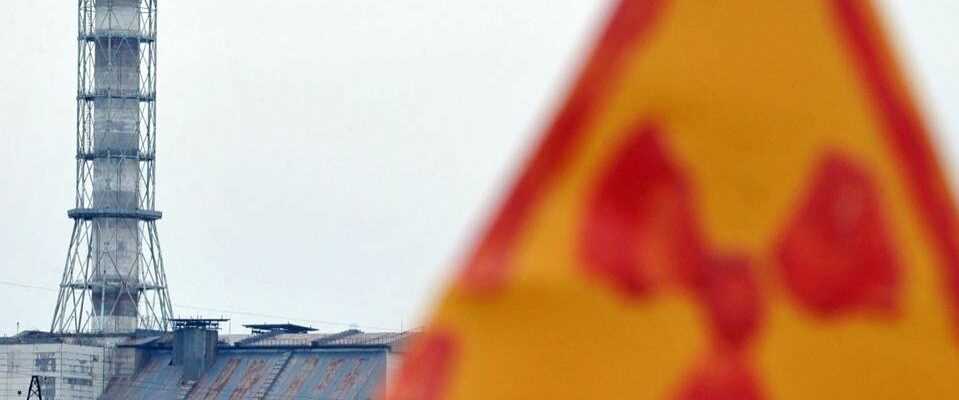Since the beginning of the Russian invasion, the concern is maximum concerning a possible nuclear accident. A risk heightened by the recent fire in the Zaporijia power plant, but also the power cut in Chernobyl on Wednesday.
In the event of a bombing of Chernobyl, several factors would have to be taken into account. First of all, it is necessary to remember that the equipment on site has been shut down for thirty to thirty-five years.
“The damaged reactor is covered with a kind of sarcophagus, the other three are in the process of being dismantled”, explained to CNEWS Francis Sorin, honorary member of the High Committee for Transparency and Information on Nuclear Security (HCTISN).
Certain fuel elements would be retained in pools, intended to ensure the cooling of the spent elements. “If there is a bombardment, we will have to ask ourselves if the fuel elements will be dewatered”, indicated Francis Sorin. Otherwise, “to know if they will no longer be bathed in water”.
If this is the case, “there would be releases and small explosions of hydrogen”, even “leaks of radioactivity”, potentially forming “aerosols”.
Nothing to do with Fukushima or Chernobyl 1986
If a possible incident worries the authorities and the populations, one “must not take as an example the Chernobyl accident in 1986 and Fukushima in 2011”, estimates the expert. It was “explosions on a working reactor, which released everything all at once. The radioactivity was very important”.
“If there is a bombardment today, one can imagine that there would be relaxations, but less in terms of their radioactive nuisances”, analyzes Francis Sorin.
Indeed, radioactivity decreases over time and has therefore dropped considerably at Chernobyl. “This radioactivity has solidified. What’s in the damaged reactor is solid, not gas or liquid. Less aggressive fuel elements”.
On the other hand, such a bombardment would be “much more problematic on a plant in operation, […] the damage would be much greater”.
Due in particular to “the heat of the fuel elements which could no longer be cooled in the event of a bombardment”, explains Francis Sorin.
